The last 18 months of life in the classrooms of this country have been some of the most difficult in our educational history. From government-mandated shut downs to social isolation, fear, and undefined standards for performance, our students, teachers, and administrators have been facing truly unprecedented challenges. The new model they found themselves in made it nearly impossible to define success, making it that much more difficult to obtain it.
The roadblocks from the last year were intimidating. The path forward was ambiguous. As standards shifted, performance plummeted and systems failed.
The most recent legislative session produced many meaningful conversations, efforts, and initiatives to help propel education forward in Minnesota out of these difficult times. On our weekly podcast and radio program, we recently continued our conversation with Senator Roger Chamberlain and the role he’s taken to lead systemic, budgetary, and long-term strategic changes for Minnesota’s education system. We talked more about the education omnibus bill and the efforts being made to forge a path forward for education in our state.
Mental Health, Screen Time, and Moving Forward
At Education America, we are fully aware that no matter where a student attends school or what side of the political aisle their teachers, administrators, parents, or legislators are sitting on, the challenges going forward are real.
Perhaps the hardest thing to reconcile about the last year or so of life in the pandemic is the time that’s been lost, the opportunities lost, and even the students lost. Mental health amongst our students has always been a significant topic of conversation. Even before coronavirus and the many challenges that came with it, mental health issues were on the rise for young people at alarming rates. As isolation and fear grew through the pandemic, and as standards for engagement and performance fell, our students absorbed the impact.
The causes of mental health issues are abundant and the efforts to address them are diverse. Screen time is, of course, always a topic of discussion. The amount of time that a student spends looking at a screen has a direct impact on the development of their brain, the development of their social and intellectual abilities, and the development of their personal character. Generally speaking, as screen time increases, morale and performance decreases.
Ultimately the discussion led by Senator Chamberlain is bigger than a partisan, one-sided conversation. Each of the initiatives pushed forward within this year‘s legislative session are aimed at improving performance with more readily, more strategically, and more effectively targeted efforts to reach students, teachers, and administrators with legislation that produces results. So whether we are talking about the use of taxpayer dollars to fund the education solution that will work best for a student (with the use of Education Savings Accounts) or we are talking about a broader and more intentional focus on mental health programs and solutions for students, it’s time to have a bigger conversation about the future of education in Minnesota and across the country.
Listen to Senator Chamberlain’s compelling discussion about what’s really happening at the legislative level in our state. There are some really good ideas circulating among our legislators. There are also some dangerously toxic ones. Our hope is that beyond one-sided political arguments and personal bias, we will all make efforts to be part of better conversations about what it takes to truly educate our students.
If the philosophy of today’s classrooms will become the way tomorrow’s government runs, this is a discussion that matters to all of us. Join us on Saturday evening at 6 pm on AM 1280 the Patriot or FM 107.5 as we continue our efforts to save the classroom and save the country.
